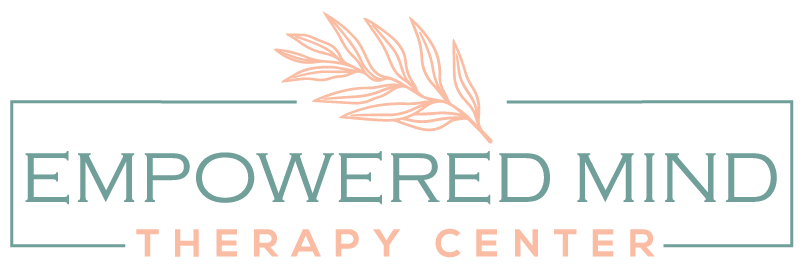The Importance of Communication in Marriage
Good communication is the heart of a strong and healthy marriage. When couples talk and listen well, they feel closer and more supported. When communication breaks down, misunderstandings and stress can grow.
At Empowered Mind Therapy Center (EMTC), we help couples learn healthy communication skills that build trust, reduce arguments, and support long-lasting love. We also support couples in healing from more serious challenges, including domestic violence.
4 Simple Tools for Better Communication in Relationships
Learning how to talk and listen in a caring way can make a big difference in any relationship. Here are a few tools that help couples connect more deeply:
Active Listening
This means giving your partner your full attention. Don’t interrupt. Show them that you care about what they’re saying.
Try this: 👉 “So what I’m hearing is that you felt left out when I didn’t call. Is that right?”
Use “I” Statements Instead of Blame
Speak from your own experience, not about what your partner did wrong. This helps lower defensiveness and invites connection.
Try this: 👉 “I feel hurt when I don’t feel heard,” instead of “You never listen to me.”
Watch Your Body Language
Your face, tone, and posture can say a lot—sometimes more than your words. Try to stay open and calm, even when emotions are high.
Try this: 👉 Make eye contact, uncross your arms, and speak gently.
Take Breaks to De-Escalate
It’s okay to pause a tough conversation if things get heated. Taking time to calm down can prevent arguments from getting worse.
Try this: 👉 “Let’s take 10 minutes to cool off, and come back to this when we’re ready.”
When Communication Turns Harmful
Sometimes, what looks like a communication problem is actually something more serious. Domestic violence—including emotional, verbal, or physical abuse—requires immediate support. No one should feel unsafe in their relationship.
If you or someone you love is in danger, please reach out for help right away:
📞 National Resource
National Domestic Violence Hotline: 1-800-799-7233
📞 San Francisco Bay Area Resources
BAWAR (Bay Area Women Against Rape):
1-510-845-7273
SFWAR (San Francisco Women Against Rape):
1-415-647-7273
Looking for support in Walnut Creek, Oakland, or the greater San Francisco Bay Area?
At Empowered Mind Therapy Center, we are dedicated to offering compassionate care and unwavering support for individuals who are seeking personal growth and healing. Our highly experienced therapists specialize in trauma-informed therapy, ensuring you receive the utmost care and understanding.
Whether you call Walnut Creek, Hayward, or any other corner of the San Francisco Bay Area home, rest assured that we offer evidence-based treatment options customized to meet your unique needs. Our goal is to empower and support you on your path to healing and personal growth.
Our commitment to your well-being is unwavering. Let us be your source of strength and support as you journey towards healing and resilience.
If you're interested in starting counseling at Empowered Mind Therapy, follow these steps:
Get in touch with our Intake Coordinator at 925-257-0205 or book your free consultation.
Get started on your healing journey and finally feel better.
Other Services We Offer in the San Francisco Bay Area & Throughout California
In addition to providing online therapy, we also offer a variety of counseling services for women of color. This includes relief and support for depression, processing trauma, anxiety support, and relationship issues. Our caring therapists also offer Brainspotting, EMDR & EMDR Intensives. All of these services are available in person at our Walnut Creek, CA-based therapy practice or online throughout California.
About The Author
Vanessa Solis, LCSW is a Certified EMDR therapist & Approved EMDR Consultant in the San Francisco Bay Area, offering EMDR Intensives in person and online throughout California. She is the Owner and Director of Empowered Mind Therapy Center, a therapy community where women of color thrive.




